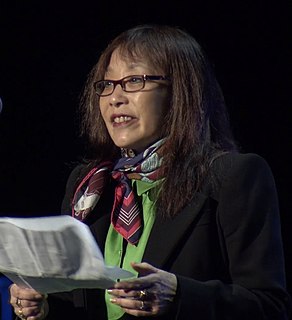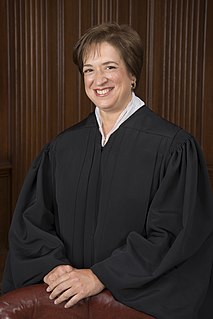A Quote by Neal Katyal
Following the attack on Pearl Harbor, the United States uprooted more than 100,000 people of Japanese descent, most of them American citizens, and confined them in internment camps. The Solicitor General was largely responsible for the defense of those policies.
Related Quotes
I think the important thing to remember about the Japanese internment is the situation. We had been attacked. Maybe Roosevelt expected it - I rather think he did. I don't think he expected an attack on Pearl Harbor. I think he expected an attack on Southeast Asia. But we were attacked at Pearl Harbor
Our Navy was very largely sunk. And we were at war in no time at all. I share, in retrospect, the distress we all share at the internment of the Japanese American citizens of the United States. It was not our finest hour. But the Supreme Court had it before it at the time, and justified it and upheld it.
Growing up, I didn't know about the Japanese internment camps until I saw a movie of the week as an adult. I remember going, 'How come that wasn't covered in history class?' Moving to California, you run into people whose grandparents lost everything and their businesses and were put in these internment camps.
The Constitution contains no 'dignity' Clause, and even if it did, the government would be incapable of bestowing dignity. ... Slaves did not lose their dignity (any more than they lost their humanity) because the government allowed them to be enslaved. Those held in internment camps did not lose their dignity because the government confined them. And those denied governmental benefits certainly do not lose their dignity because the government denies them those benefits.


































